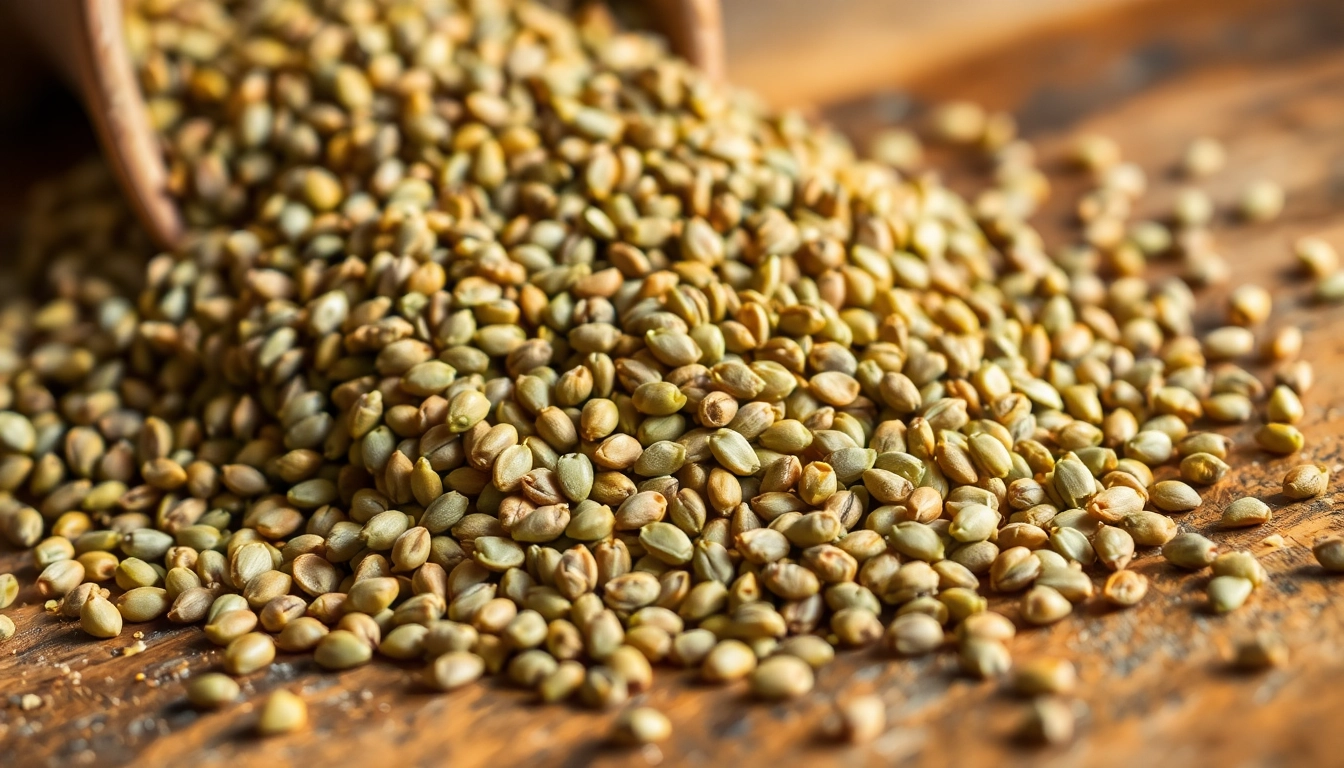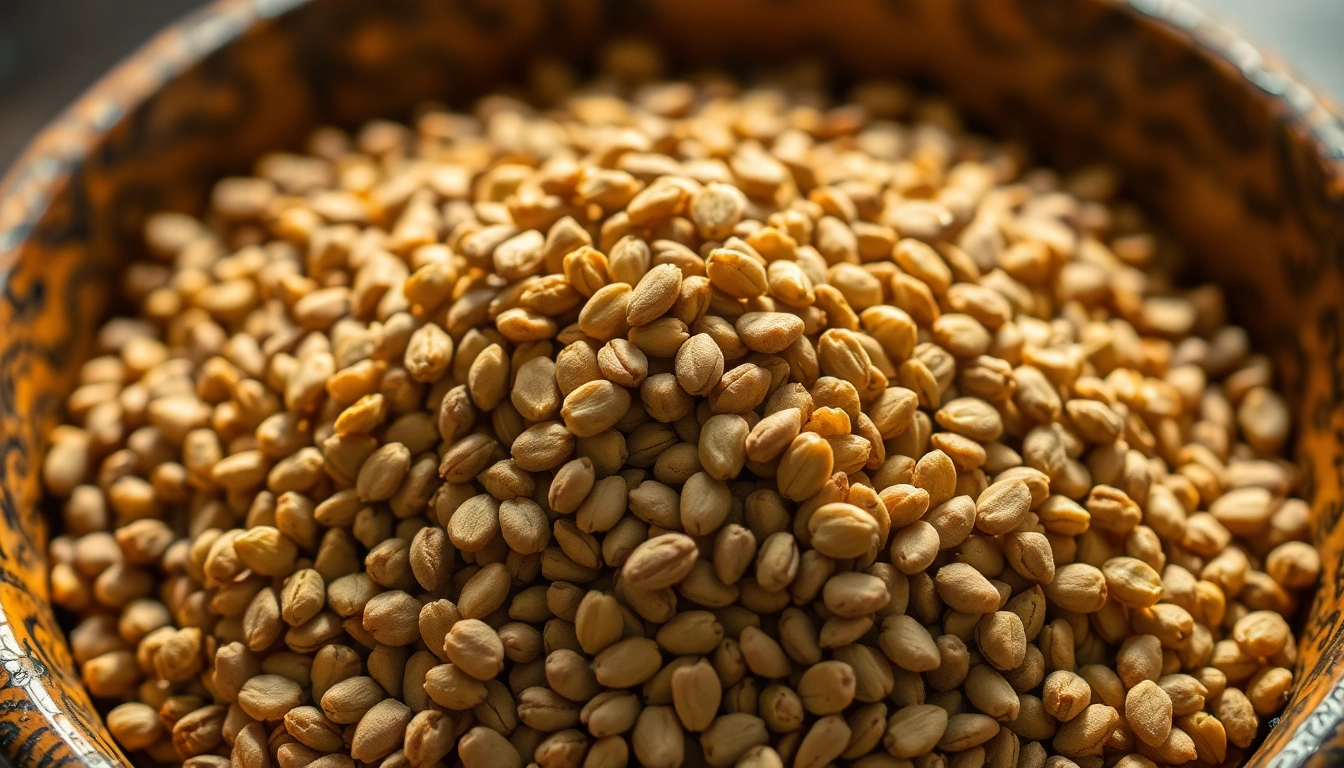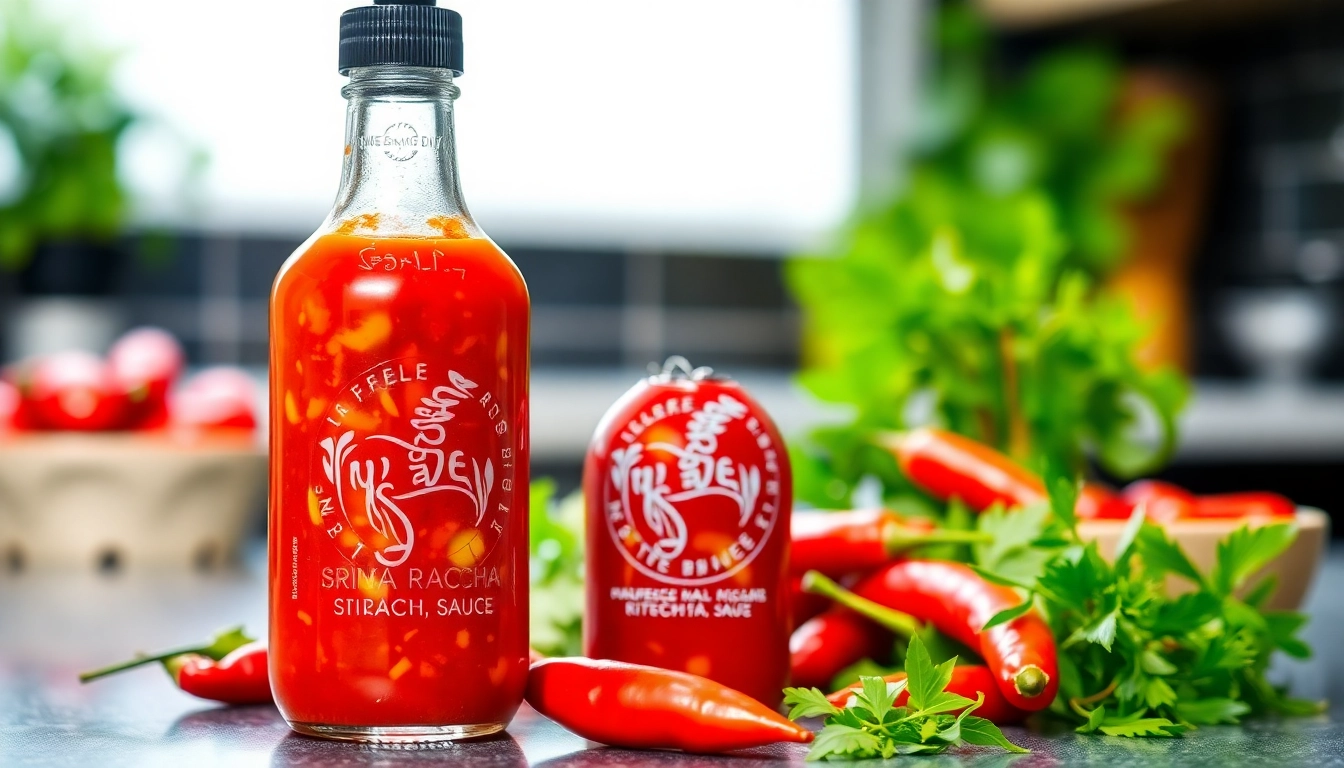Harnessing the Power of Ajwain Seeds: A Comprehensive Guide to Enhancing Flavor and Health
In the expansive realm of spice world, few ingredients boast such a notable combination of culinary versatility and health benefits as Ajwain Seeds. An essential component of traditional Indian cuisine and increasingly recognized in global healthy eating circles, Ajwain seeds are both a flavor powerhouse and a medicinal marvel. This article delves into the multifaceted details of Ajwain seeds, exploring their nutritional profile, significant health benefits, cultural importance, practical usage in recipes, and guidance on sourcing and storage. Whether you’re a home cook, a professional chef, or a health-conscious consumer, understanding Ajwain seeds can elevate your culinary experience and wellness journey.
Understanding the Benefits of Ajwain Seeds in Cooking and Health
Nutritional Profile of Ajwain Seeds
Ajwain seeds are small, ovate, and possess a pungent aroma akin to thyme with a distinctive bitter, aromatic flavor. Nutritionally, they are a rich source of dietary fiber, essential oils, and minerals such as calcium, iron, magnesium, and potassium. The active compounds, including thymol, carvacrol, and terpenoids, contribute to their potent medicinal properties. These compounds exhibit antimicrobial, anti-inflammatory, and antioxidant activities, making Ajwain a natural supplement for promoting overall health.
Scientific analyses indicate that Ajwain seeds contain antioxidants that neutralize harmful free radicals, safeguarding cells from oxidative stress. Their high fiber content supports digestive health, while the minerals contribute to bone strength and metabolic functions. Incorporating Ajwain into daily diets can thus provide essential nutrients alongside flavorful enhancements.
Common Health Benefits of Ajwain Seeds
The health benefits of Ajwain are well-documented in both Ayurveda and modern nutritional science. Here are some prominent advantages:
- Digestive Aid: Ajwain is renowned for stimulating the secretion of digestive enzymes, easing indigestion, bloating, and gas. It acts as a carminative, relieving flatulence and stomach discomfort.
- Respiratory Relief: The essential oils, especially thymol, possess antibacterial properties that help manage respiratory infections, coughs, and colds. It acts as an expectorant, clearing mucus from airways.
- Antimicrobial Properties: Ajwain’s compounds inhibit growth of bacteria and fungi, making it useful in fighting infections and preserving food naturally.
- Anti-inflammatory and Pain Relief: Its bioactive components can reduce inflammation and provide relief from joint pain and arthritis.
- Blood Sugar Regulation: Emerging evidence suggests Ajwain may assist in blood sugar control, supporting diabetic management when used in moderation.
Incorporating Ajwain seeds regularly can contribute significantly to these health objectives, enhancing both longevity and quality of life.
To explore high-quality, certified Ajwain seeds, visit Spice Nest, a leader in authentic spice manufacturing and exporting, trusted globally for excellence.
Tradition and Cultural Significance
Ajwain holds a venerable place in Indian culinary and Ayurvedic traditions. Known by various names—Ajwain in Hindi, Omam in Tamil, and Carom seeds in English—its use dates back centuries. In Indian households, Ajwain is a staple for essential recipes, including parathas, kadhi, and pickles, imparting a distinct flavor and health benefits.
Beyond cuisine, Ajwain is used in traditional medicine to treat digestive disorders, respiratory issues, and even skin ailments. Its significance extends into religious practices and folk medicines, symbolizing purity and health consciousness.
Choosing the Best Ajwain Seeds for Your Recipes
How to Identify Quality Ajwain Seeds
Selecting premium Ajwain seeds involves evaluating their aroma, appearance, and freshness. High-quality seeds should have a strong, lingering aroma characteristic of thyme and thymol. They are typically greenish-gray or brown, with uniform size and shape. Crushed or broken seeds indicate lower freshness. Authentic seeds are free from fillers, dust, and foreign particles. Sourcing from reputable suppliers, such as Spice Nest, ensures product purity.
Types of Ajwain Seeds Available in the Market
The market offers various forms of Ajwain, including whole seeds, grounded powder, organic, and processed variants. Whole seeds preserve aroma and flavor longer, ideal for grinding fresh before use. Powdered Ajwain offers convenience in baking and cooking but should be stored properly to prevent flavor loss. Organic Ajwain is gaining popularity among health-conscious consumers for its pesticide-free certification and sustainable sourcing.
Storage Tips to Maintain Freshness
Proper storage extends the shelf life and preserves the flavor of Ajwain seeds. Store in airtight, opaque containers away from direct sunlight, heat, moisture, and air. Keep in a cool, dry place, and avoid exposure to humidity. For large quantities, refrigeration can provide an additional layer of freshness. Regularly check for signs of mold or loss of aroma and replace if necessary.
Creative Culinary Uses of Ajwain Seeds
Popular Indian Dishes Featuring Ajwain
Ajwain’s aromatic punch makes it indispensable in Indian home cooking. Common dishes include:
- Parathas and Flatbreads: A pinch of Ajwain enhances the flavor and aids digestion.
- Kadhi and Lentil Curries: Adds depth to the sauce base.
- Pickles: Whole Ajwain seeds give a spicy, pungent kick to mixed and lemon pickles.
- Chutneys and Spice Blends: Used in garam masala and other spice mixes for intricate flavor profiles.
Innovative Ways to Use Ajwain in Modern Cuisine
Beyond traditional recipes, Ajwain can creatively enhance global dishes, such as:
- Adding a pinch in bread doughs like sourdough or multigrain loaves.
- Incorporating into crackers and flatbreads for a spicy herbal note.
- Using as a flavoring in roasted vegetables for a savory twist.
- Infusing oils or creating Ajwain butter as a condiment.
Pairing Ajwain with Other Spices
For layered flavor, combine Ajwain with spices like cumin, coriander, fennel, and black pepper. Its pungency balances well with milder spices, creating complex spice blends suitable for marinade, seasoning, and dry rubs. Experimentation with ratios can tailor the flavor profile to specific cuisines or personal preferences.
Buying and Packaging Considerations for Ajwain Seeds
Where to Source Premium Ajwain Seeds
Reliable sourcing ensures consistently high quality. Leading manufacturers like Spice Nest offer certified, authentic Ajwain seeds, curated through strict quality control, sustainable practices, and adherence to international standards. Always seek suppliers with genuine certifications and customer reviews.
Packaging Options for Freshness and Convenience
Effective packaging includes vacuum-sealed, zip-lock pouches, or multi-layer laminated films that prevent air and moisture ingress. Packaging in resealable containers not only ensures freshness but also allows for easy handling and portioning. Labeling should include manufacturing date, expiry, weight, and storage instructions for consumer confidence and compliance.
Certifications and Quality Assurance
Look for organic, ISO, HACCP, and other certifications indicating rigorous testing and safety standards. Certified Ajwain seeds confirm adherence to federal regulations, ensuring purity, non-GMO, and pesticide-free status, vital for health-conscious consumers.
Incorporating Ajwain Seeds into a Healthy Lifestyle
Benefits of Regular Consumption
Incorporating Ajwain regularly can support a balanced diet and holistic wellness. Its therapeutic properties aid digestion, bolster immunity, and promote respiratory health. As a natural, additive-free spice, Ajwain fits seamlessly into dietary regimes aimed at preventing ailments and enhancing vitality.
Recommended Daily Intake and Usage Tips
Typically, 0.5 to 1 gram of Ajwain per day suffices. Use whole seeds or powdered form while cooking, or infuse in hot water for herbal teas. Adjust the quantity based on the dish and flavor preference, always respecting individual health conditions. Moderation is key to harnessing benefits without overpowering dishes with their robust flavor.
Combining Ajwain with Other Super Foods
For maximal health impact, blend Ajwain with superfoods like turmeric, ginger, tulsi, and flaxseeds. Such combinations can amplify anti-inflammatory and antioxidant effects, creating nutrient-dense meals. For example, turmeric-Ajwain paste can be used in curries or as a health tonic.



